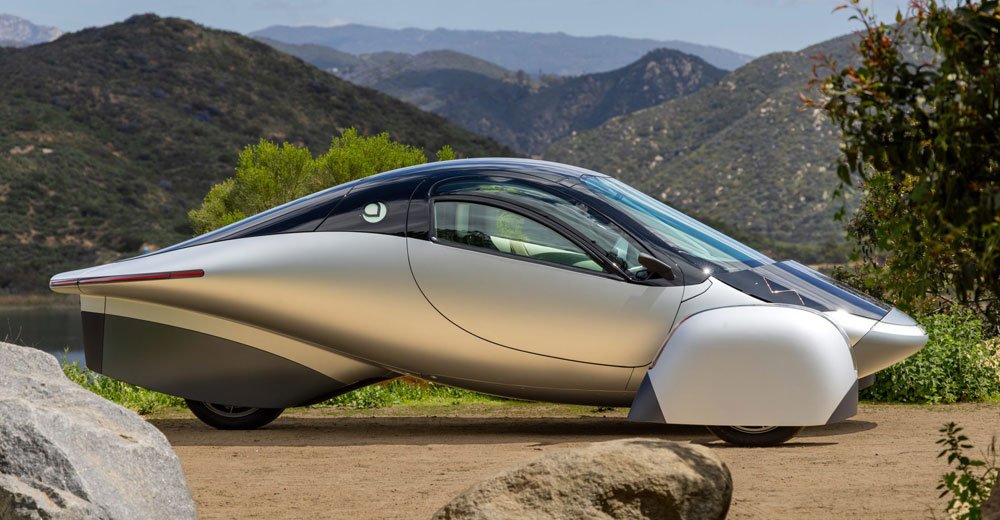
The future of transportation is looking brighter with the announcement of a near-production model of a solar-powered car that will be on display at CES 2025. Aptera Motors, the company behind this innovative vehicle, has unveiled a production-intent version of its solar-powered car that promises up to 40 miles of solar-powered driving per day. This three-wheel futuristic design not only offers unparalleled energy efficiency but also gives the option to plug in for 400 miles on a single charge in under an hour.
The introduction of a production-intent model signifies a significant milestone for Aptera, as it demonstrates that the vehicle is nearing market readiness and is compliant with regulatory requirements. This announcement has sparked interest in the automotive industry, with analysts closely watching the development of this unconventional design. Edward Sanchez, a senior analyst at TechInsights, highlighted the unique manufacturing techniques being used by Aptera, which have traditionally been employed in the supercar and motorsports industries.
Despite the excitement surrounding Aptera’s solar-powered vehicle, there are concerns about the practicality of solar panels on cars. Rob Enderle, president of the Enderle Group, explained that current solar panel technology may not be sufficient to fully recharge the massive batteries in most electric vehicles. Ben Zientara, a solar policy and industry expert at SolarReviews, echoed this sentiment, stating that even the most efficient solar cells can only provide a few miles of additional range per day.
While solar-powered vehicles may have limitations in terms of range and efficiency, they could find a niche market in specific use cases. Mark N. Vena, president of SmartTech Research, suggested that solar-powered vehicles are well-suited for low-speed, short-distance transportation in sunny regions where energy generation can be maximized. These vehicles could also serve as backup power sources or sustainable alternatives for off-grid living, contributing to reduced carbon footprints and energy independence.
Despite the challenges associated with solar-powered vehicles, Aptera remains optimistic about the future of sustainable transportation. Co-CEO Chris Anthony emphasized the company’s commitment to delivering a cleaner, more sustainable future through innovative engineering and design. With early adopters already pre-ordering 50,000 units of the vehicle, Aptera is poised to make a significant impact in the automotive industry.
As Aptera prepares to showcase its solar-powered vehicle at CES 2025, all eyes will be on the company to see how it overcomes the technical and practical challenges associated with solar-powered transportation. While the viability of solar-powered vehicles for mainstream consumers remains uncertain, the potential for niche applications and sustainable alternatives is promising. As technology continues to evolve, solar-powered vehicles could play a crucial role in reducing carbon emissions and redefining energy-efficient mobility in the years to come.






